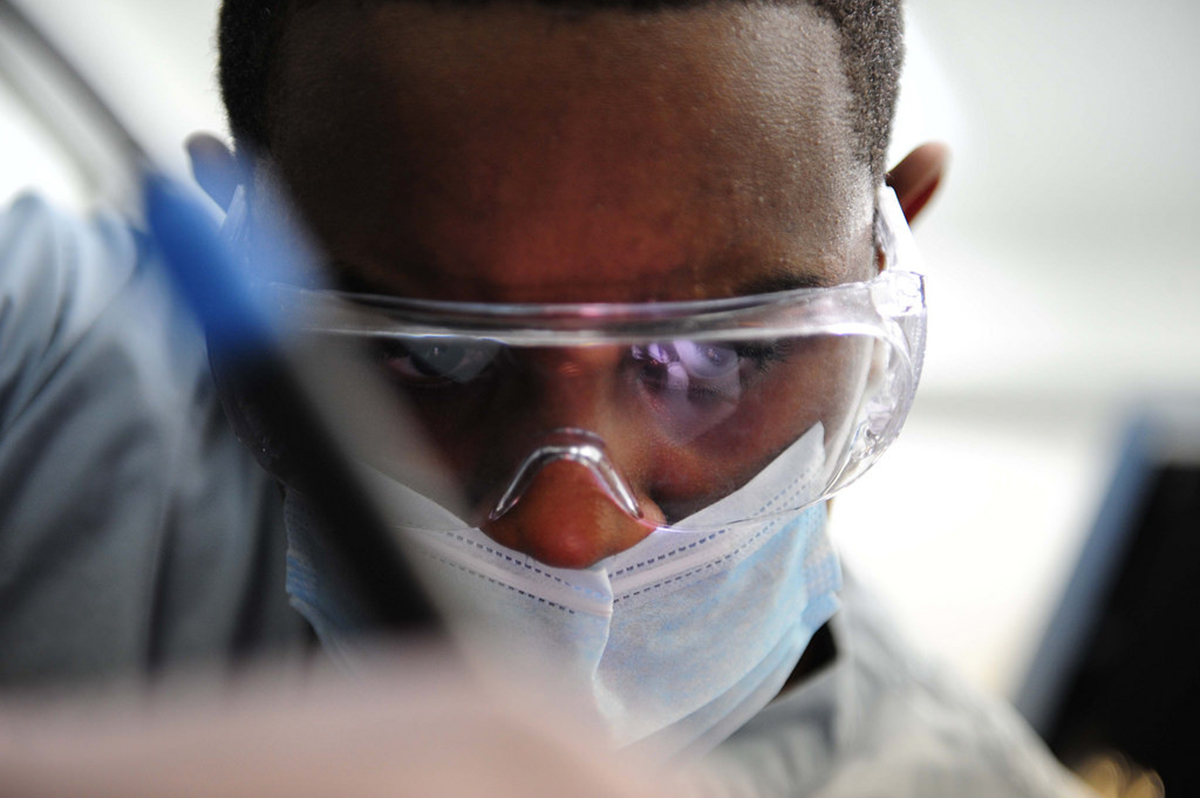Table of Contents
We shall also mention and discuss the different surgical disciplines where doctors specialise in immediately. That is to say that these surgical disciplines are specialties on their own and one doesn’t have to specialise in general surgery first. A lot of time is spent in the operating room training these specialists and procedures can span from a few minutes up to several hours. This exposure allows an adequate and appropriate amount of time to learn and master techniques and procedures which need to be known in order to perform as an adequate surgeon.
These disciplines are primarily surgical-based, where most of the doctor's time is spent in the operating theatre. These doctors will also manage patients conservatively and medically, but most of the time the pathologies they deal with need surgical intervention and manipulation. These doctors set a specific time in their schedule to consult with their patients and a decision will then be made whether to manage a condition medically or surgically. After-hours work will also be expected from these specialists in order to help manage patients with emergency cases that are seen in the casualty department.
At times, there will be patients who have multiple-system conditions which may need surgeons from different specialties in order to manage them appropriately. It's beneficial then that different surgical disciplines exist so that the workload is not all piled onto one person.

- Neurosurgeon – these doctors are involved with diagnosing and treating conditions which affect the parts of the nervous system as mentioned in the section on neurologists. Conditions which are managed by neurosurgeons include draining any bleeding on the brain, relieving pressure on nerves which cause symptoms in affected patients and removing any tumours which may be found in the brain, along the spinal cord or involving the peripheral nerves.
- Orthopaedic surgeon – this is the branch of surgery concerned with conditions involving the musculoskeletal system. Orthopaedic surgeons use both surgical and non-surgical means to treat soft tissue injuries and infections, musculoskeletal trauma, sports injuries, spinal pathologies, degenerative diseases, as well as infections, tumours and congenital disorders involving the bone and muscles. Orthopaedic surgeons can also super-specialise into performing arthroscopic procedures of the major joints, as well as focusing on the intricacies of the hands or feet and ankles.
- Plastic and reconstructive surgeon – plastic surgery involves performing cosmetic procedures such as facelifts, breast augmentations and liposuction of excess fatty tissue. Most surgical procedures performed by plastic surgeons though are non-cosmetic and are regarded as reconstructive surgeries. These include managing severe tissue injuries that involve the face and limbs in order to produce a better cosmetic outcome for the patient. These surgeons also excise skin malignancies and perform flaps or grafts for a better cosmetic outcome, too.
- Urologist – these surgeons focus on medically and surgically managing conditions that affect the kidneys, ureters, bladder and urethra of both males and females. Urologists also perform surgical procedures on the male genitalia and the prostate in men. A sub-specialty, known as female urology, treats issues such as genito-urinary prolapses in women. Urology, like paediatric surgery, also has sub-disciplines which are very similar and one can refer back to the latter.
- Oral and maxillofacial surgeon – this surgical specialty needs a candidate to have an undergraduate degree in dentistry in some countries, and in others one needs to have both a medical and dental degree to become a maxillofacial surgeon. These doctors specialise in treating many diseases, injuries and defects involving the head, neck, face, jaw as well as the hard and soft tissues of the mouth, jaw and face.
- Ophthalmologist - these specialists train in the branch of medicine that deals with the anatomy, physiology and diseases of the eye. These doctors manage both medical and surgical problems of the eye and all its different anatomical components. Numerous diseases and conditions can be diagnosed from the eye, and the most common surgical procedure performed by these specialists is removal of cataracts, which occurs when the lens of the eye becomes opaque due to issues such as diabetes. Ophthalmologists can also train further in different sub-specialties which will depend on what part of the eye these doctors wants to focus on.
- Otorhinolaryngologist/Ear, Nose and Throat (ENT) Specialist - otorhinolaryngology is a medical and surgical specialty that deals with conditions of the ear, nose and throat as well as related structures of the head and neck. Doctors who specialize in this area can also be referred to as head and neck surgeons. Patients would therefore seek treatment from an ENT specialist for diseases affecting the ear, nose, throat, base of the skull and for the surgical management of cancers and benign tumours of the head and neck.

- OBGYN/Obstetrician and Gynaecologist - obstetrics and gynaecology is a combined specialty where doctors train in caring for female reproductive organs' health and to be able to manage pregnancies appropriately. Delivery of babies can be done through normal delivery or by performing a surgical procedure known as a Caesarean section. Once doctors are done specialising in this discipline they may then decide to focus on both specialties or concentrate on either obstetrics or gynaecology. Sub-specialties of obstetrics and gynaecology can be trained in further and these can include the following: Maternal-fetal medicine (perinatology) – here, the focus is on the medical and surgical management of high-risk pregnancies and surgery on the fetus. The aim here is to reduce morbidity and mortality.
- Reproductive endocrinology and infertility – this is a sub-specialty that focuses on the causes and management of female infertility.
- Female pelvic medicine and reconstructive surgery (female urology – which, as mentioned, is also a sub-specialty of urology) – this sub-specialty concentrates on the diagnosis and surgical treatment of women with urinary incontinence and prolapse of the pelvic organs.
- Gynaecological oncology – a sub-specialty of gynaecology that focuses on the medical and surgical treatment of women with cancers of the reproductive organs.
- Family planning – involves training in contraception and pregnancy termination.
- Paediatric and adolescent gynaecology.
- Advanced laparoscopic surgery concentrating on the female reproductive organs.
- Menopausal and geriatric gynaecology.
- en.wikipedia.org/wiki/Specialty_(medicine)
- Photo courtesy of neccorp: www.flickr.com/photos/neccorp/14445634744/
- Photo courtesy of www.ilmicrofono.it: www.flickr.com/photos/115089924@N02/16070083419/
- Photo courtesy of nemesis_brr: www.flickr.com/photos/15441644@N03/1636647952/
- Photo courtesy of usstheodoreroosevelt: www.flickr.com/photos/usstheodoreroosevelt/10812487743/
- Photo courtesy of liverpoolhls: www.flickr.com/photos/liverpoolhls/10740309163/
- Photo courtesy of www.ilmicrofono.it: www.flickr.com/photos/115089924@N02/16070083419/
- Photo courtesy of 123rf.com - stock photos


Your thoughts on this